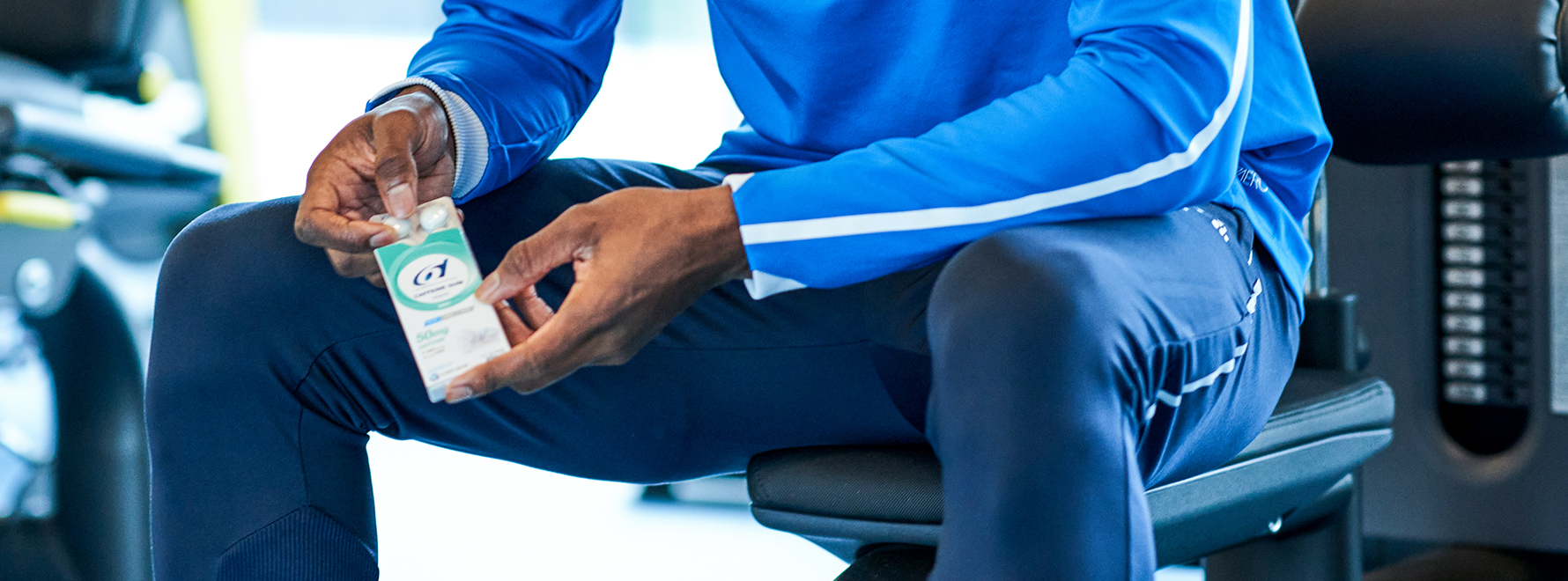Spot-On: Caffeine supplements for performance: chew or swallow?

- Caffeine supplements for performance: chew or swallow?
- Based on a recent article by Kaminori et al., published January 2002
- TITLE: ‘’The rate of absorption and relative bioavailability of caffeine administered in chewing gum versus capsules to normal healthy volunteers"
- DOI link: https://pubmed.ncbi.nlm.nih.gov/11839447/
What did this study look at?
It is well established that caffeine can enhance various aspects of exercise performance in both individual sports and team sports. (see this article). Small improvements have been found for muscle strength, movement velocity, as well as a variety of sprinting, jumping and throwing performances, but also reaction time and mental alertness during exercise. But endurance performance appears to benefit most from caffeine intake. But responses to caffeine ingestion exhibit high inter-individual variability due to differences in habitual caffeine intake, as well as genetic factors. Recommended dose ranges between 2 and 6 mg/kg per body weight, to be ingested 30-60 min before exercise. However, the effects of a caffeine supplement also depend on the formulation, which could be a capsule or tablet, a caffeinated drink or gel, or chewing gums or lozenge.
In this regard, Kamimori and co-workers from the University of Maryland at Baltimore in the US compared the effects of caffeine ingestion in the form of capsules versus chewing gum on the time course of plasma caffeine concentration. Young healthy subjects after an overnight fast ingested either 50, 100, or 200mg caffeine via capsules or gums. Blood samples for caffeine assay were taken at regular intervals between 0 and 29h after intake.Of note: because only ~85% of caffeine in gum form is released during chewing (~5 min), versus 100% for a capsule swallowed, 50, 100, and 200mg capsulated doses correspond to intakes of only 42.5, 85, and 170 via gum. *
What did the study show?
For a given dose peak plasma caffeine concentrations were slightly higher with capsules than with gums. However, absorption was significantly faster with gums than with capsules, in particular at the highest doses (100-200mg). Following the ingestion of a 200 mg dose, plasma caffeine levels peaked at ~60min with gum, versus ~120 min with caps. Irrespective of the formulation, plasma caffeine levels were substantially elevated till at least 8h after intake of the supplement.
What is the importance of this finding for sports performance?
Many athletes use caffeine supplements to boost performance in competition. Recommended doses range between 2 and 6 mg per kg body weight, which corresponds to intakes of 120-360mg and 140-420mg for a 60 and 70kg individual, respectively. The current study shows that such caffeine dose in the form of gums (~5 min chewing) results in much faster rise of plasma caffeine concentration than a similar dose in caps. Therefore, whenever caffeine is ingested within 60-90 min before the start of a competition, caffeine intake via gums conceivably is best choice to enhance boost physical and mental performance. Furthermore, caffeine supplements in either gum or capsule form markedly elevate plasma caffeine for at least 8 hours following intake, which in some but not all individuals may induces sleep disturbances.
*The fraction of caffeine released from a gum during chewing depends on the specific structure and formulation of the gum. For 6d caffeinated chewing gum, for instance, 80% of the caffeine contained in the gum is released during 10 min of chewing.


